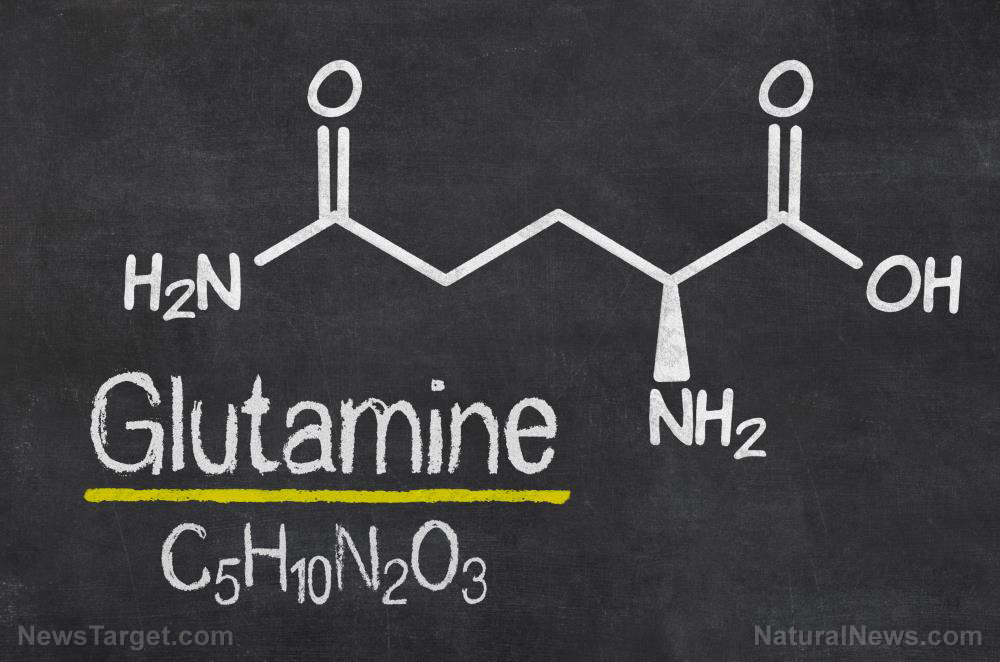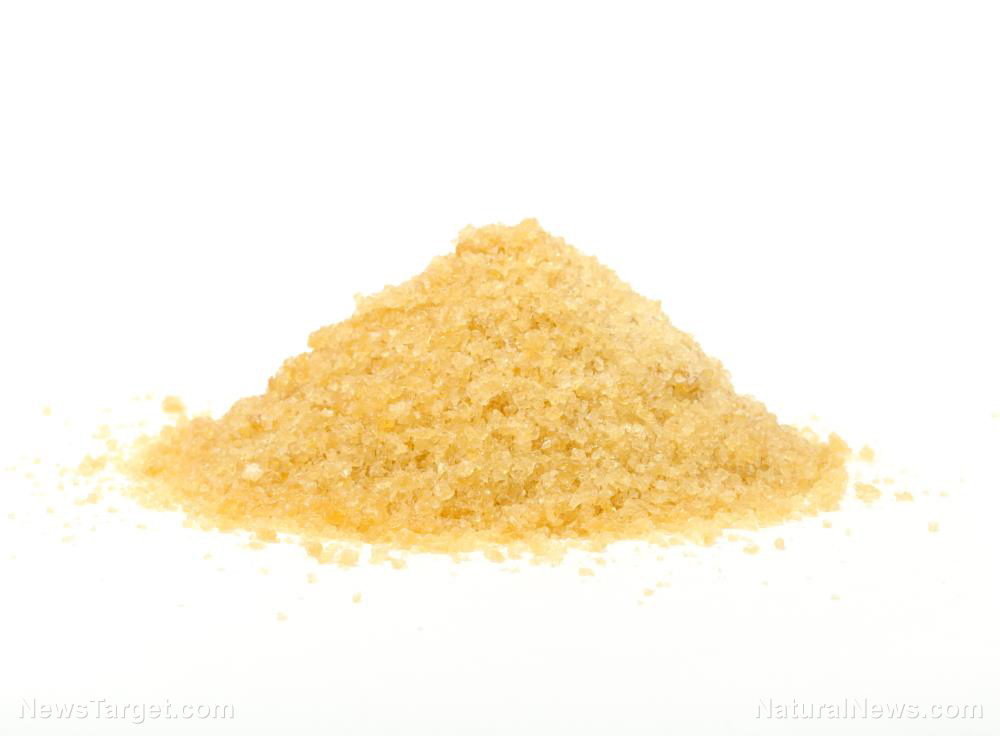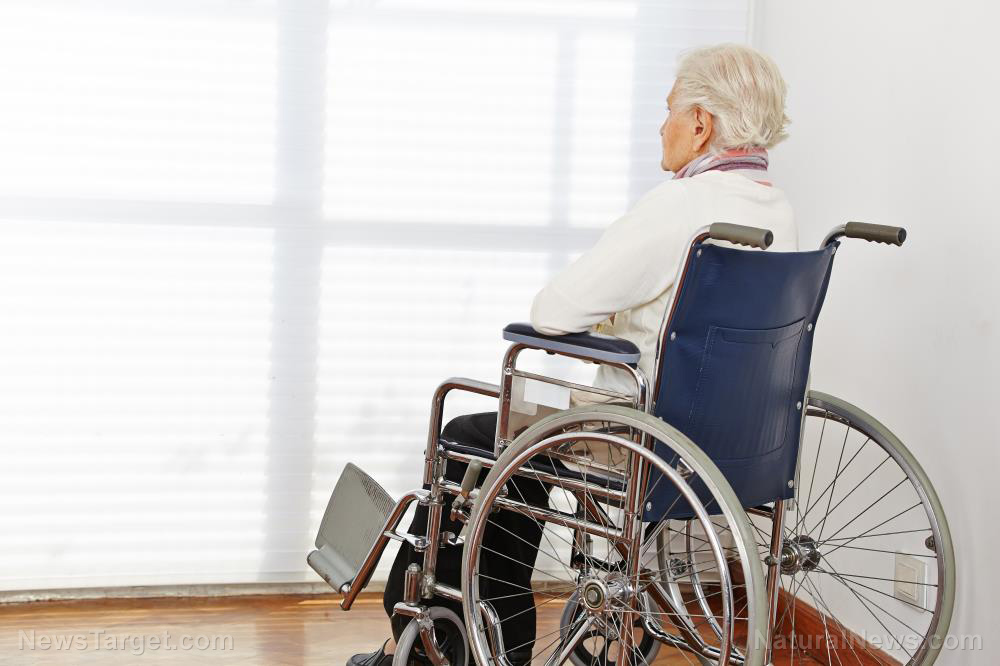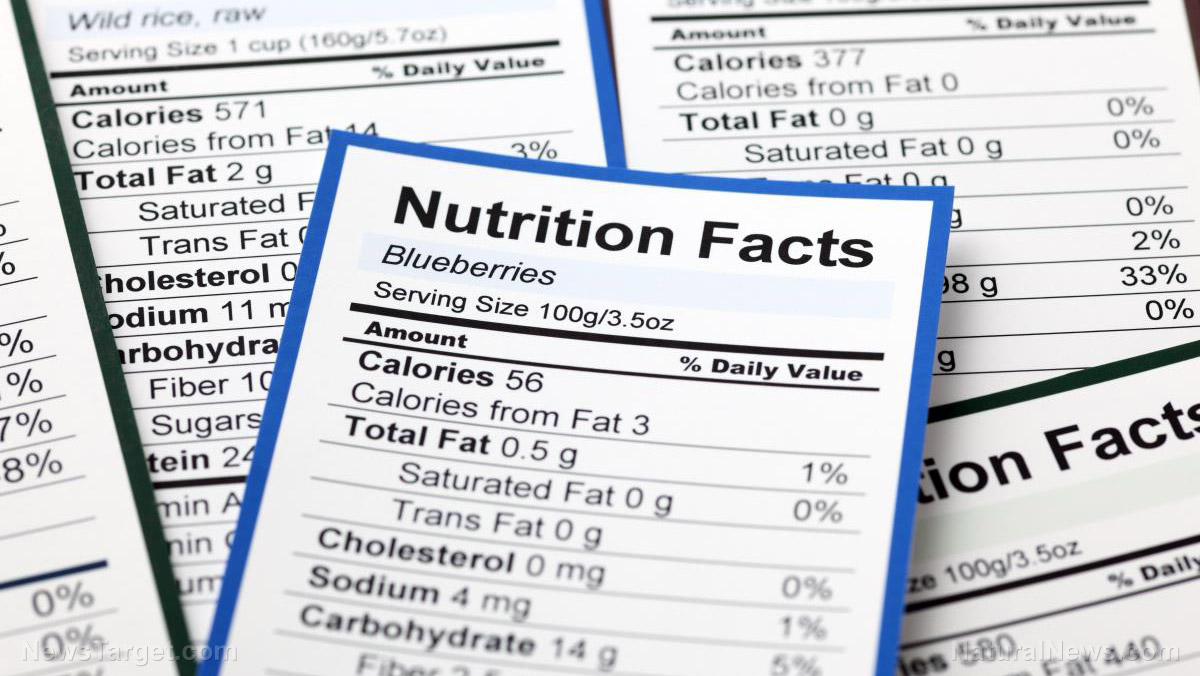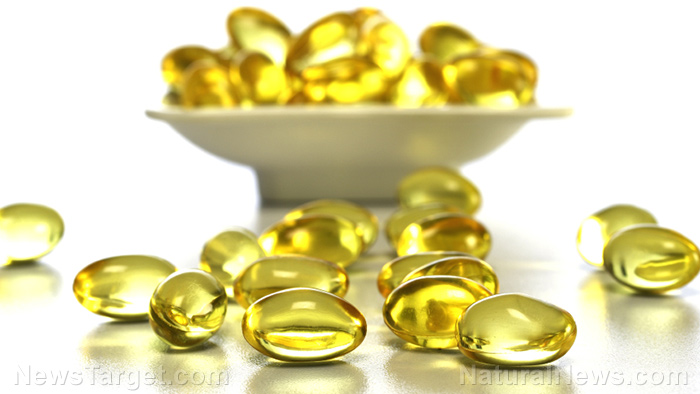Vitamin D deficiency directly linked to your risk for cancer
12/26/2018 / By Isabelle Z.

What are you doing to lower your risk of cancer? Perhaps you’re going out of your way to get organic food to avoid the cancer risks associated with pesticides, or maybe you’re using natural cleaning products around your house. You might be making a conscious effort to consume more superfoods and get more exercise, but are you keeping tabs on your vitamin D levels? This often-overlooked factor is linked to your cancer risk in a surprisingly strong way.
In a study that was published in PLOS ONE, researchers showed that optimal vitamin D levels reduce a person’s risk of invasive cancers. The team, which was led by researchers from UC San Diego, looked at data pertaining to thousands of participants. They discovered that vitamin D levels of 48 ng/mL or higher were linked to a 67 percent reduction in cancer risk when compared to those whose levels were 20 ng/mL or less.
This is pretty concerning when you consider the fact that the Institute of Medicine has been recommending a level of 20 ng/mL as “ideal” for many years. It may be a reasonable amount if bone health is your only concern, but if you want to prevent cancer, you’ll need at least twice that amount.
In fact, studies have shown that higher sun exposure throughout your lifetime is linked to a 70 percent lower risk of developing breast cancer. Those who live in southern latitudes with relatively high sunlight exposure have lower incidence and death rates when it comes to certain types of cancer.
Meanwhile, a study published this spring by The BMJ revealed that high vitamin D levels were associated with a reduction in cancer risk of 20 percent, particularly when it came to liver cancer. The study was huge, involving nearly 34,000 Japanese adults over the course of 16 years.
Cancer cell studies have shown that vitamin D can slow or prevent cancer development in multiple ways, including slowing the growth of cancer cells, spurring cancer cell death, reducing the formation of the blood vessels that tumors need to thrive, and promoting cellular differentiation.
The sun is not the enemy
One reason that so many people struggle to get enough vitamin D – and perhaps a big reason there’s so much cancer these days – is the way that sun exposure has been demonized in recent years. After all, sun exposure is the best way to trigger your body’s vitamin D production. It may be true that excessive sun exposure can be problematic in terms of skin cancer, but avoiding it at all costs – or worse, slathering chemical-laden sunscreen over every inch of your body every time you leave the house – can be far worse when it comes to your chances of getting cancer overall.
Thankfully, just a small amount of sun exposure is typically enough to get the job done. For many people, spending a few minutes outdoors each day with their skin exposed is all it takes for your body to create the ideal levels of vitamin D. It’s the UVB rays found in direct sunlight that you’re after, so if you live in a part of the world that is further from the equator, this may be more difficult for you.
In that case, you may need to rely on supplements. Although you can find vitamin D in foods like yogurt, eggs, mushrooms, and oily fish, it’s difficult to get enough of this nutrient through diet alone. If you do choose supplements, keep in mind that the amount you need is going to depend a lot on your body’s chemistry, skin tone, and your current levels, which is why a blood test can provide useful guidance. Generally, however, average-sized adults can typically get the ideal amount of 40 ng/mL by taking vitamin D supplements of 5000 to 10,000 IU per day.
If you’re not already doing everything you can to ensure you’re getting enough vitamin D, this is a simple change that could end up having a dramatic impact on your cancer risk.
Sources for this article include:
Tagged Under: anticancer, breast cancer, Liver cancer, natural medicine, nutrients, prevention, remedies, research, supplements, vitamin D, vitamin D deficiency







